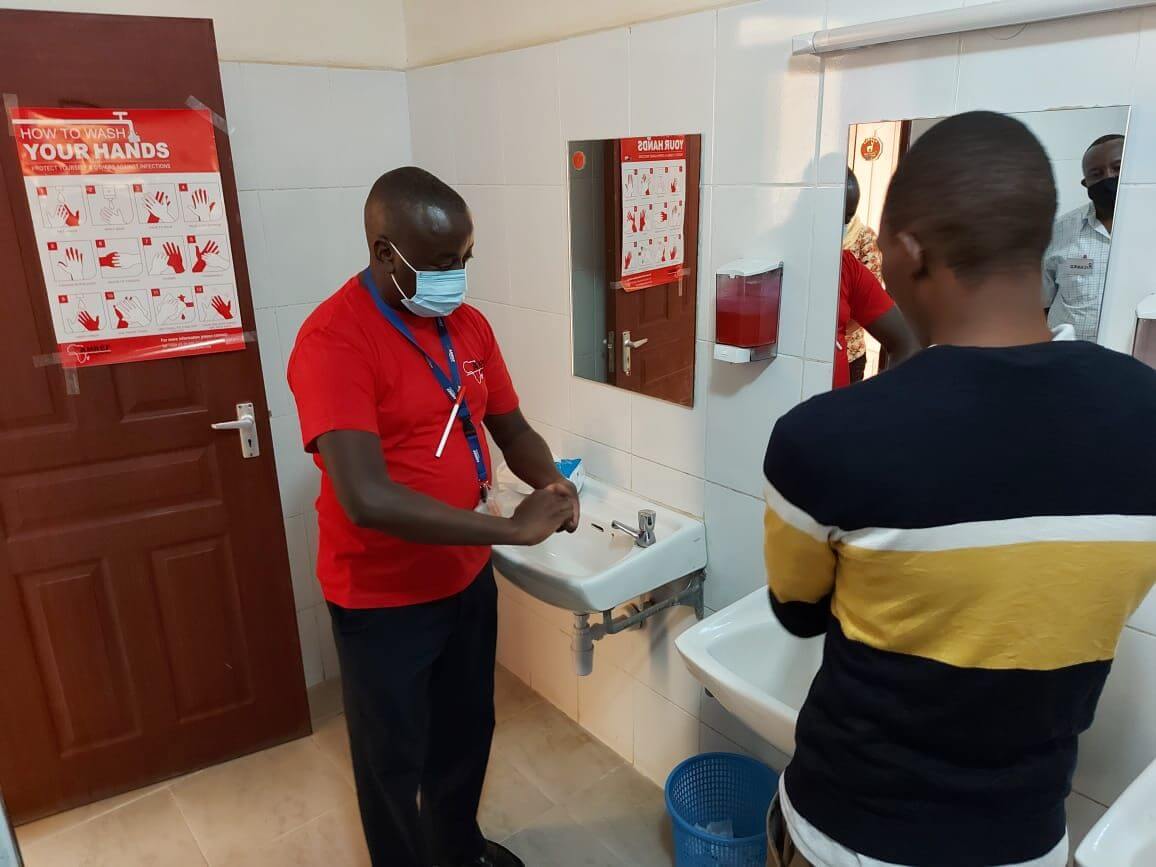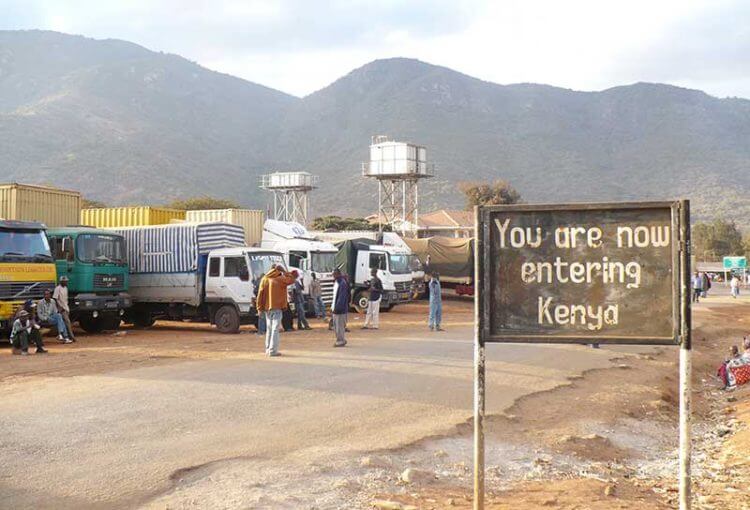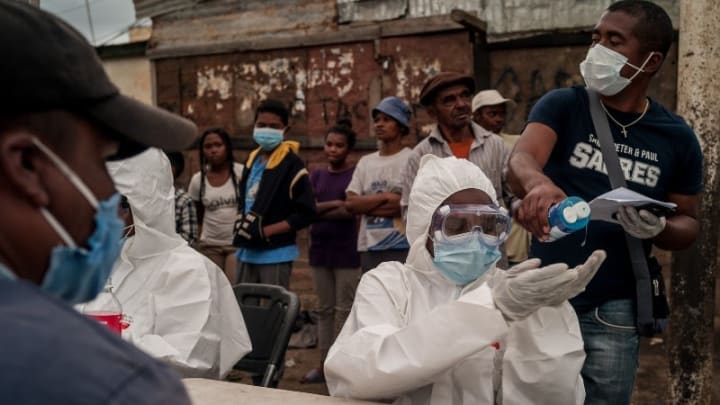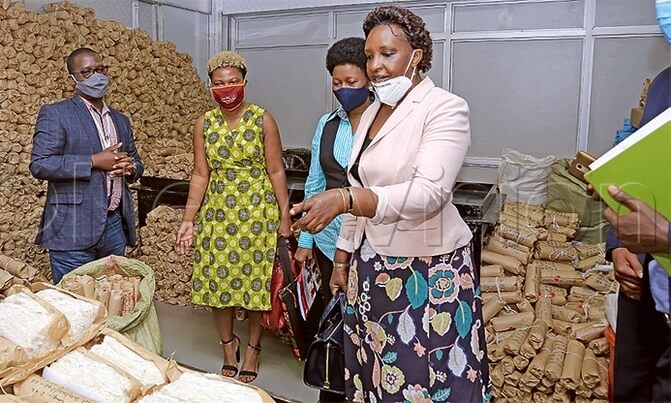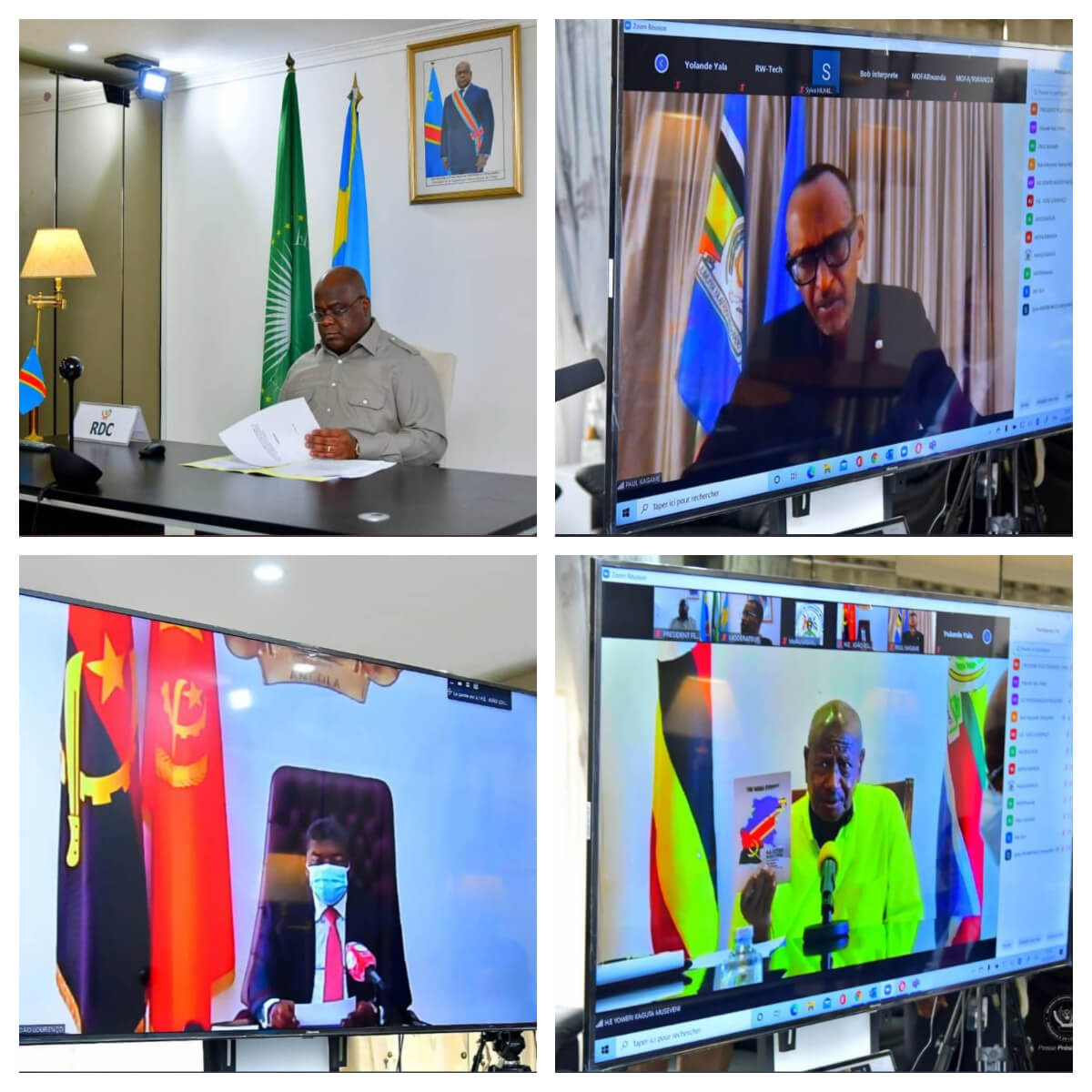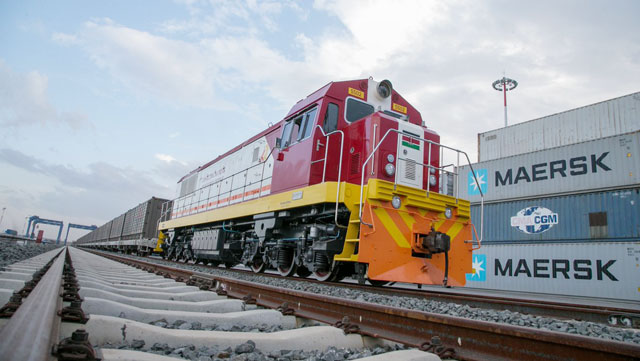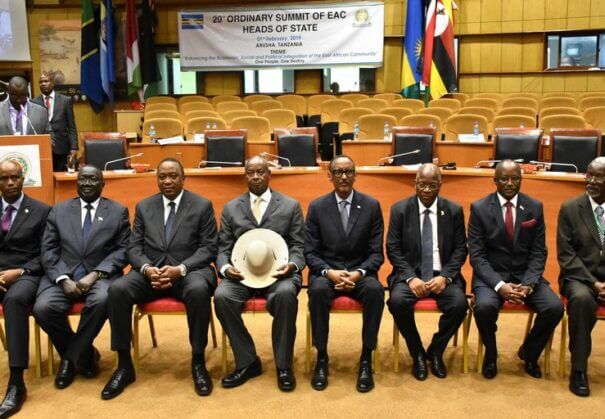As the Partner States in the East African Community (EAC) region ease measures that were established to prevent and respond to the COVID-19 global pandemic, the EAC Secretariat has commenced a training of trainers’ course for staff at 12 One Stop Border Posts between the Partner States. The training that aims at strengthening the prevention of and response to COVID-19 and other communicable diseases, involves staff from various sectors in line with the One Health approach. The training programme kicked off this week at the Isebania/Sirari border post between Kenya and Tanzania. The training is conducted by AMREF Flying Doctors in close cooperation with the EAC Secretariat. Depending on the size of the border posts, between 16 and 32 staff members are trained as trainers in 2-day courses. They come from customs, immigration, port health and animal health, bureau of standards, security, cargo and baggage handlers from both sides of the border as well as from the Joint Border Management Committees. This contributes at the same time to regional integration. Clearing agents are also included in the training. The training of trainers’ approach allows for upscaling of the measure and takes the high staff turn-over rates at border posts into account. “The participants in this training will in turn train their colleagues on the skills they have acquired to further cascade the message and ensure that the busy border posts can effectively prevent the spread of COVID 19 and detect and respond to infected passengers”, explains Anthony Kihara of AMREF...
EAC strengthens outbreak response capacities of One Stop Border Posts
Posted on: October 13, 2020
Posted on: October 13, 2020

